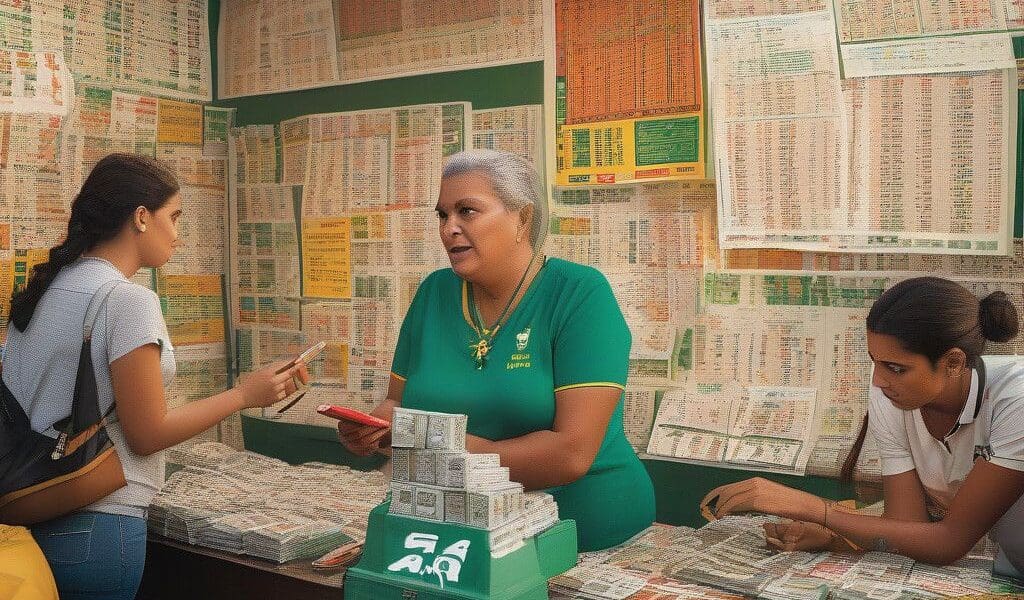Brazil's Betting Boom: A Double-Edged Sword for Economic Growth
Brazil is experiencing a remarkable surge in online sports betting, positioning itself among the largest markets globally. In the past year, Brazilian gamblers reportedly spent over $12 billion on foreign betting platforms. While this influx brings potential tax revenues and economic opportunities, it simultaneously raises significant concerns about its negative impact on consumer spending and household finances.
The Brazilian government views the increased interest in sports betting as a golden opportunity to boost tax revenues. Gabriel Galipolo, the incoming governor of the central bank, highlighted that the betting phenomenon might pose threats to economic stability, as rising interest in gambling could divert funds away from essential spending on goods and services.
This booming industry is not just about sports enthusiasm; it has attracted significant investments from major international players such as Betfair, Betsson, and Caesars Sportsbook. These companies are vying for a share of Brazil’s approximately 200 million sports fans. Yet, while these foreign investments promise economic growth, research suggests that legalized betting can lead to concerning long-term repercussions, such as increased credit card debt and bankruptcies among lower-income families.
One of the pressing issues is that gambling often targets vulnerable populations. Despite existing laws prohibiting the use of credit cards for betting, many Brazilians are finding ways around these regulations, funneling a larger share of their income into gambling. This is particularly troubling as families increasingly prioritize betting over essential expenses like food, clothing, and healthcare.
Data shows that lower-income families are disproportionately affected by this trend. As families commit more of their budgets to betting, their ability to maintain a healthy standard of living diminishes. This shift could ultimately hinder economic growth, as reduced spending on daily necessities reverberates through the economy.
In contrast, research from the U.S. illustrates the potential wider economic implications of legalized betting. It highlights the development of gambling-related debt among lower-income individuals, leading to long-lasting financial instability. Such repercussions could jeopardize the economic benefits the Brazilian government expects from the betting industry.
As Brazil forges ahead with its embrace of sports betting, it must tread carefully. Striking a balance between harnessing the economic potential of the betting sector and safeguarding its citizens from financial distress is paramount. The intriguing case of Brazil’s betting boom underscores the complexities inherent to emerging markets in the digital age—where opportunities often come locked with significant risks.
In conclusion, while Brazil’s betting boom holds promise for increased tax revenues and international investment, it also presents serious economic concerns that cannot be ignored. The challenge lies in leveraging the enthusiasm for sports betting while protecting lower-income families from the potential downsides of gambling addiction and financial instability.








